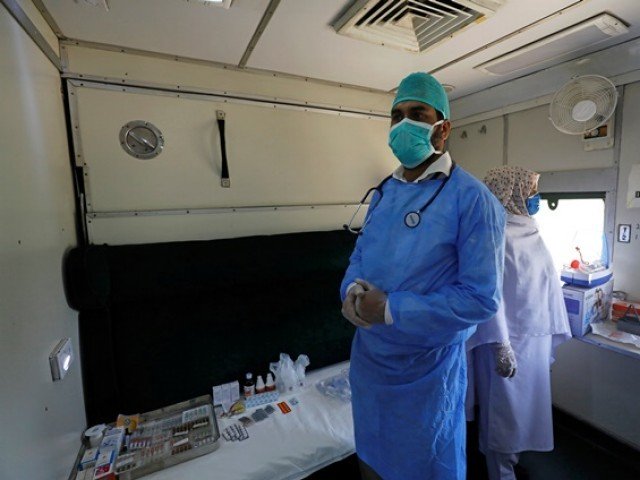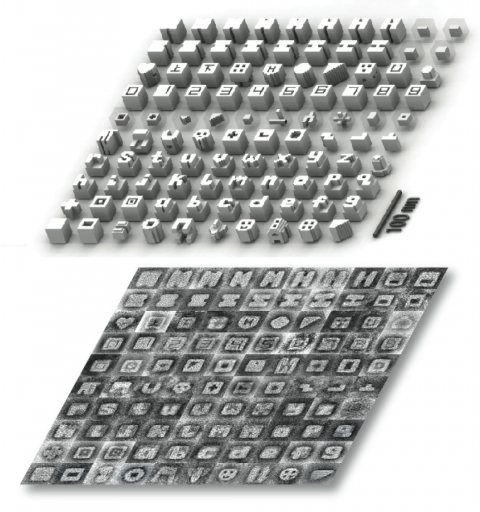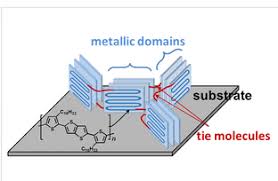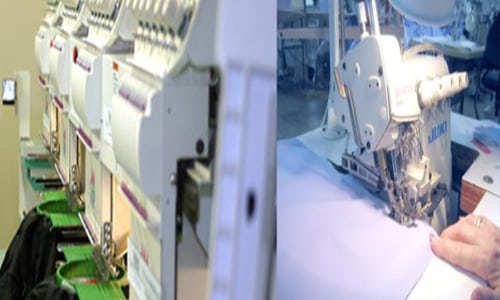
KARACHI: A department of the University of Karachi has successfully carried out whole genome sequencing to understand the genetics of COVID-19, medically named SARSCoV-2, to know how coronavirus spreads and behaves.“Jamil-ur-Rahman Center for Genome Research, Dr Panjwani Center for Molecular Medicine and Drug Research, University of Karachi, has carried out whole genome sequence of Coranavirus (SARS-CoV-2),” Professor Dr Muhammad Iqbal Chaudhry said on Tuesday.He said that the sequencing was carried out to understand the genetics of this highly contagious virus in Pakistan which was mapped by a team of young scientists under the supervision of Dr Ishtiaq Ahmed with the collaboration of Dow University of Health Sciences.Dr Iqbal stressed that more genomes from Pakistani coronavirus needs to be examined to understand the full spectrum of genetic variations, and the way the virus is evolving in the country.“This will be helpful in decision making at national level for the use of future therapies and vaccinations,” he added.
Scientists in Karachi may have identified compounds effective in inhibiting growth of COVID-19 in host cells
“This is the first indigenously sequenced whole genome of coranavirus from Pakistan. Analysis of the sequence revealed nine mutations in different regions of genome, as compared to the sequence reported from Wuhan, China,” Dr Iqbal maintained.The novel coronavirus emerged in the central China city of Wuhan towards the end of last year and proliferated to almost the whole world within a couple of months. It’s not the virulence or fatality, but the infectivity of the new virus – also known as SARS-CoV-2 – that has set off a global frenzy.The COVID-19 respiratory illness caused by this mysterious contagion has so far infected more than half a million people in 202 countries and territories of the world – more than 30,000 of them have died and counting.
China appears to have stemmed the tide against the viral outbreak as it has eased lockdown restrictions in Wuhan, the ground-zero of the virus, after two months, but new hotspots have emerged in Europe, Iran and the United States. In Europe, Italy and Spain are bearing the brunt as their death toll combined makes up more than half of the fatalities caused by COVID-19.
Pakistan, despite its close proximity with China, remained coronavirus-free until February 26 when a young man from Karachi tested positive after returning from Iran – one of the worst-hit countries. After a brief hiatus following the first case, COVID-19 cases spiked as more pilgrims returning from Iran tested positive for the virus.Dr Ishtiaq, who is also the director of International Center for Chemical and Biological Sciences (ICCBS) at KU, said the work was carried out using next generation DNA sequencing systems and the sample for genomic analysis was collected from a patient having a travel history.
“Mutation is change which appears in the DNA of all organisms and viruses,” he said, adding that comparison with genomes from other parts of the world revealed that this virus is more closely related to the virus from China, which is believed to be origin of the pathogen.He said the COVID-19 disease is caused by severe acute respiratory syndrome coronavirus 2 (SARS-CoV-2) and currently there is no drug or vaccine available for the treatment and prevention of this highly contagious disease.Understanding the genetic repository of any infectious agent is vital for its prevention and clinical management, he added.The sequencing report reveals that this viral genome is slowly mutating and it is premature to say what will be the impact on virulence (severity of disease) due to these mutations, Prof Chaudhry said.He said: “In pandemic it becomes more important to monitor the way, rate and nature of mutations which may have impact on effectiveness of future therapies and vaccinations.”
Tribune.com.pk








